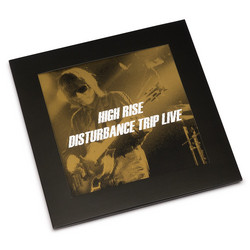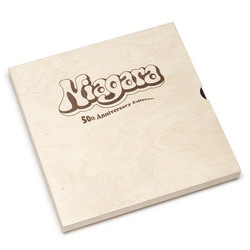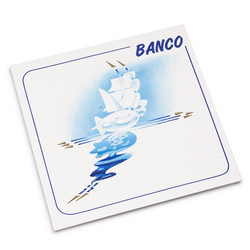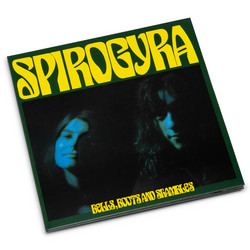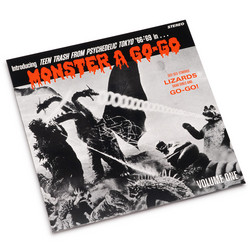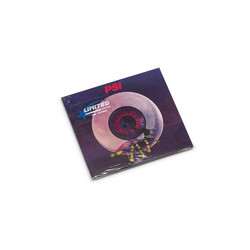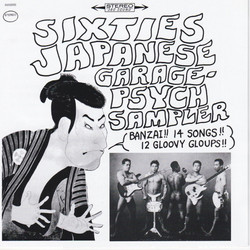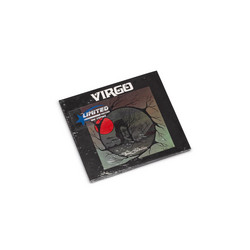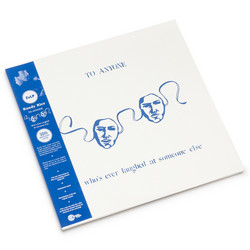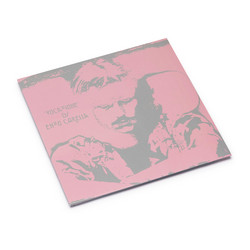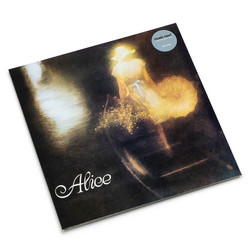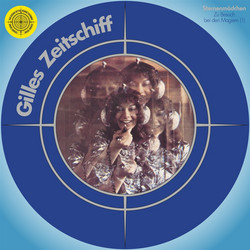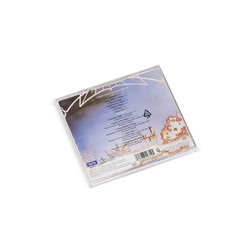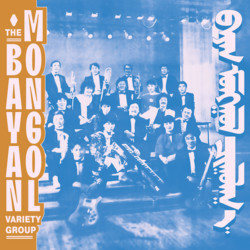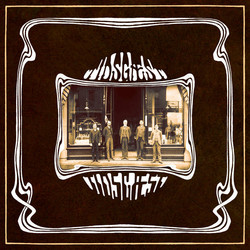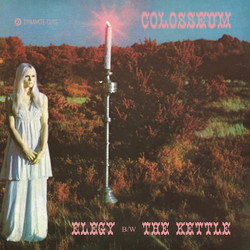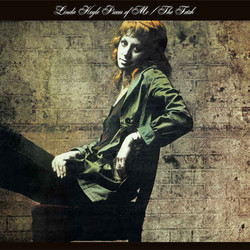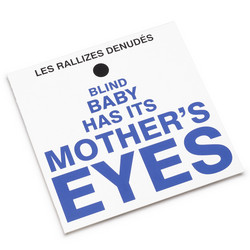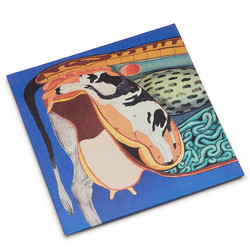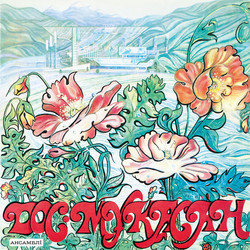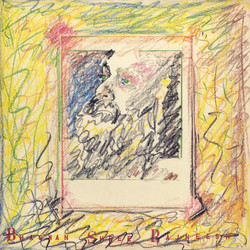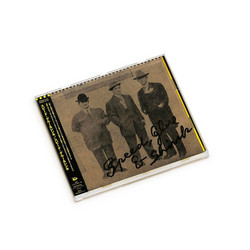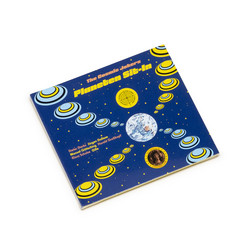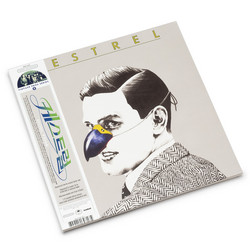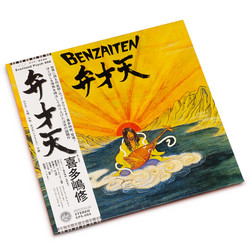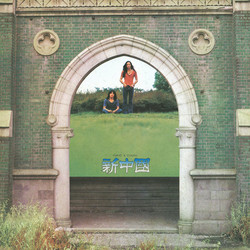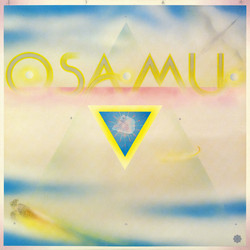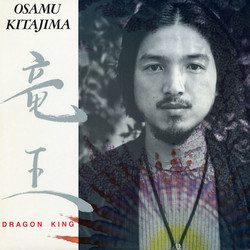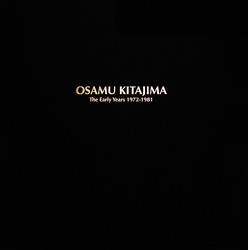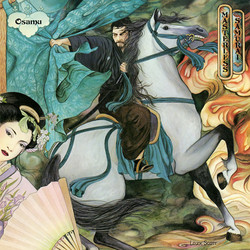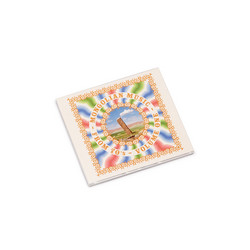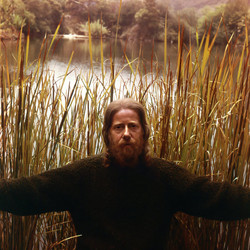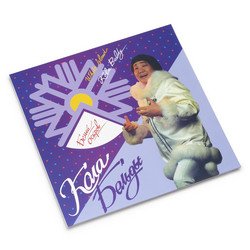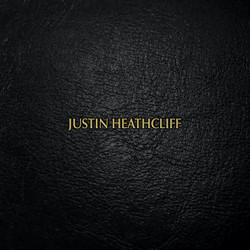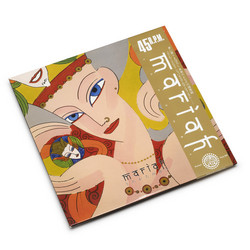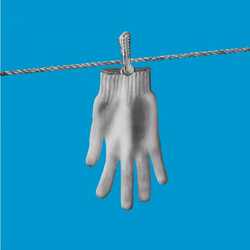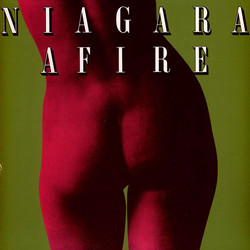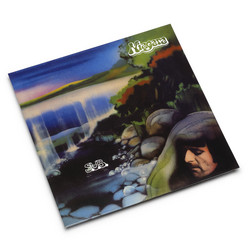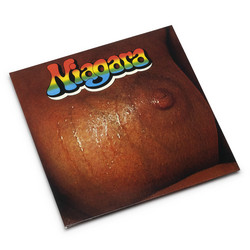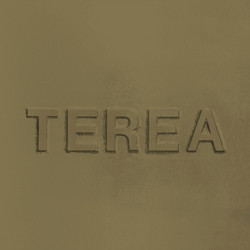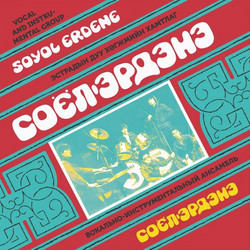Osamu Kitajima
The Early Years 1972-1981
**5CD Boxset - Highest quality digipak CD editions in a coated, embossed and hotfoil printed box with magnetic lock**
In early december 2019 Everland Music released a mindblowing boxset with Osamu Kitajima’s first 5 highly acclaimed and superrare albums.
All 5 albums are taken from the original masters, provided by Mr. Kitajima himself.
Osamu Kitajima was born in Chigasaki, Japan on February 3rd 1949 and studied classical guitar and piano already in his childhood days. Later on in the 1960s, when Beat and Rock music became the hot stuff in the popular music circuit, he joined his cousin’s band “The Launchers” with his brother, before graduating from university. Osamu’s cousin, Yūzō Kayama, is a famous Japanese film actor and musician. In 1971, when Osamu was already a successful composer of TV advertising jingles, he moved to England for a year and developed an obsession for British Rock music, especially in the Psychedelic field. The Beatles, The Bee Gees, Jimi Hendrix, Deep Purple and The Zombies became his major influences and inspired him to start a solo career under the name "Justin Heathcliff“, which he adopted for it’s typical English sound. His 1971 eponymous album was a typical Pop Psyche effort for it’s time, but not long after he returned home to Japan, Osamu abandoned the English sounding name and further on merged Western Progressive and Electronic music with Japanese Folk sounds.
Shin Chugoku (1972)
This is a beautiful early 1970s Psychedelic Folk Rock effort, on which Osamu Kitajima cooperated with Fumio Miyashita (aka Far Out) and members of the very popular Far East Family Band, to create a bunch of mind altering colorful tunes with a mellow, yet intense approach.
Benzaiten (1976)
This album is called his masterpiece by many aficionadoes of 1970s Progressive Rock, with it’s mixture of haunting Japanese Folk elements and skillfully played spacey Rock music that takes you on a spiritual journey to the center of your mind.
Osamu (1977)
His third album marks another change in direction. Still Japanese elements and some haunting melodic Space Rock elements flow gently into another, but by incorporating Jazz, Funk and even Reggae, Osamu broadens the whole musical colour palette by far.
Masterless Samurai (1980)
Osamu completely abandons the Space Rock aspects here and takes a turn into Jazzrock with a Progressive edge, that he still combines with these totally exotical sounding Japanese Folk elements.
Dragon King (1981)
The step from Masterless Samurai to Dragon King has not been such a big one as it has been with the albums before. We experience a softer version of Osamu's Jazzrock / Japanese Folk Fusion, that often even shows Soul Pop aspects, typical for its time.
